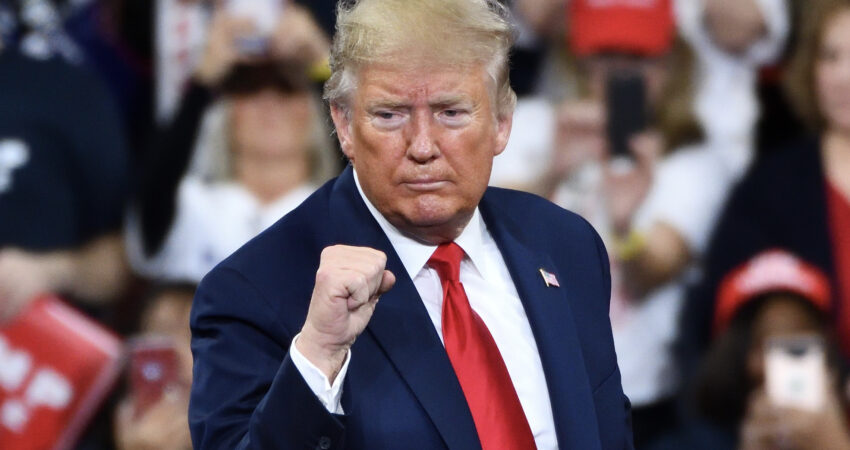Former President Donald Trump and several co-defendants are considering seeking to move their Georgia election interference case to federal court, according to their legal team. The case, brought by Fulton County District Attorney Fani Willis, alleges that Trump and 18 co-defendants engaged in a “criminal racketeering enterprise” by challenging the results of the 2020 presidential election.
Trump’s attorney, Steven Sadow, notified the court of their potential intention to seek removal to federal court under specific provisions of the U.S. Code. This move would involve an evidentiary hearing in federal court to determine which parts of the case may be remanded back to state court and which may proceed in federal court. However, the judge also has the authority to dismiss the removal, effectively sending the case back to state court.
Several co-defendants have already requested the removal of their cases to federal court, arguing that their actions were related to their roles as federal officers, and therefore, they should not be subject to state law. This argument hinges on the precedence that federal law supersedes state law and that federal officers cannot be tried in state court before acting.
The case’s complexities and differing arguments regarding removals have complicated the initial plan to try all 19 defendants together in state court. Prosecutors initially proposed a six-month timeline for the trial but later suggested an expedited trial beginning in less than two months due to a defendant’s request for a speedy trial. This case is further complicated by its classification as a RICO (Racketeer Influenced and Corrupt Organizations Act) case, requiring the presentation of the entire case, evidence, and numerous witnesses, regardless of how many defendants are involved.
As the legal process unfolds, the court will decide whether the case remains in state court, moves entirely to federal court, or follows a mixed approach involving both jurisdictions, potentially affecting the timeline and strategy of the trial.





